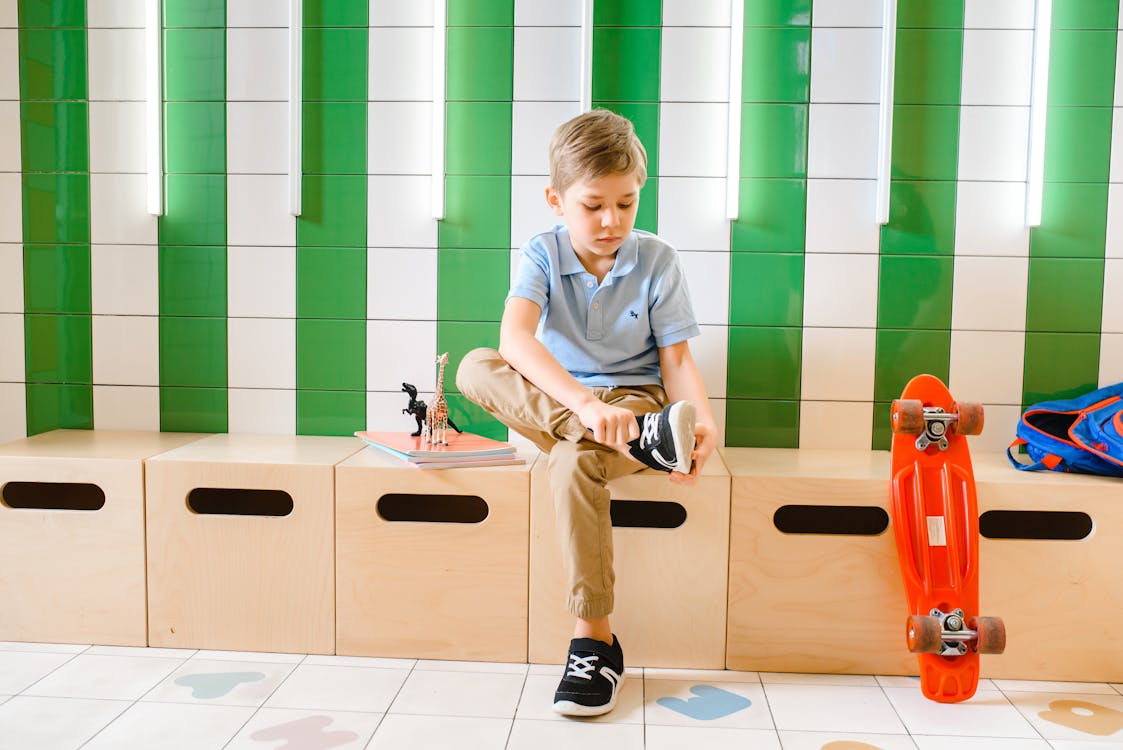As we grow older, keeping the mind active becomes even more important. For seniors facing memory challenges, simple and fun brain activities can make a big difference in daily life. Staying mentally engaged not only helps improve memory but also boosts mood and confidence.
Regular mental exercises can slow down memory loss, so it's vital to include enjoyable and stimulating activities each day. Let's dive in!
Memory loss can come from different conditions, such as Alzheimer's or other types of dementia. It can be challenging for both seniors and their families, but there are ways to help.
Using cognitive engagement techniques is a positive step toward supporting brain health. Simple mind-stimulating activities can help form new brain connections, which may slow down the effects of memory loss.
Here are some effective cognitive engagement techniques that can easily be incorporated into the lives of seniors:
Crossword puzzles, Sudoku, and memory card games are great ways to keep the mind active. These activities challenge the brain to think, remember, and solve problems. Over time, they can help strengthen focus and support better cognitive function.
Painting, drawing, or crafting lets seniors express their creativity in fun ways. These activities not only bring joy but also help improve hand-eye coordination. Creative projects can lift mood and keep the brain engaged through self-expression.
Listening to or playing music can bring back cherished memories and spark emotions. Music often helps calm the mind and improve overall mood. It's especially effective for seniors with memory loss, as familiar tunes can trigger recognition and comfort.
Reading books or sharing personal stories keeps the imagination alive. It helps sharpen memory and language skills while promoting meaningful conversation. These activities also allow seniors to connect with others and share experiences.
Practicing mindfulness or meditation can bring a sense of peace and relaxation. These techniques reduce stress and help improve attention span. Over time, they can support better focus and maintain overall cognitive health.
Including these brain-boosting activities in a daily routine helps seniors keep their minds active and sharp. Here's an easy way to build a balanced schedule:
Start the morning with a light puzzle or memory game to wake up the brain. Follow it with a creative task like drawing or crafting to keep the mood bright.
After lunch, enjoy some quiet time with reading or music to relax. End the day with family storytelling or simple meditation to calm the mind. Mixing up activities keeps each day fun, fresh, and engaging.
Families who need more help caring for a loved one can look into communities that offer specialized memory care for seniors. These places are made to support people with memory loss and keep them safe.
They also provide fun and simple activities that help keep the mind active. Learning about this kind of care can make a big difference in your loved one's happiness and comfort.
Keeping the mind active is essential for seniors, especially those with memory loss. Simple cognitive activities can greatly improve their well-being.
Caregivers and families can include these exercises in daily routines and explore specialized memory care for seniors for added support. Small efforts can make a big difference.
Is this article helpful? Keep reading our blog for more.




Want to add a comment?